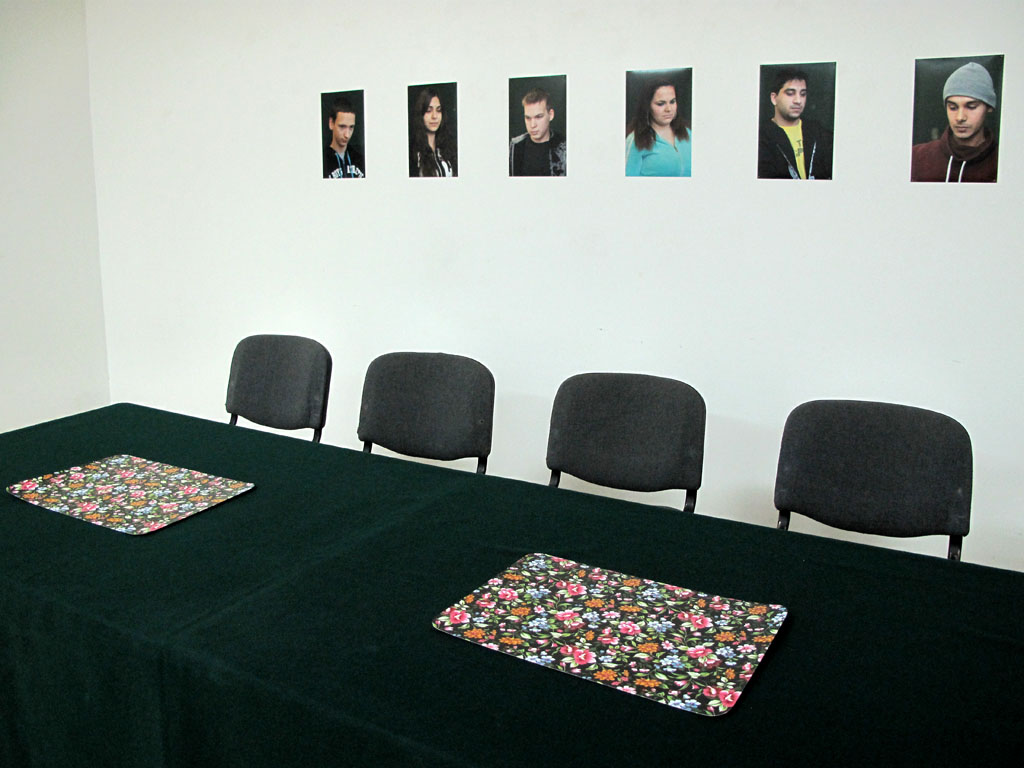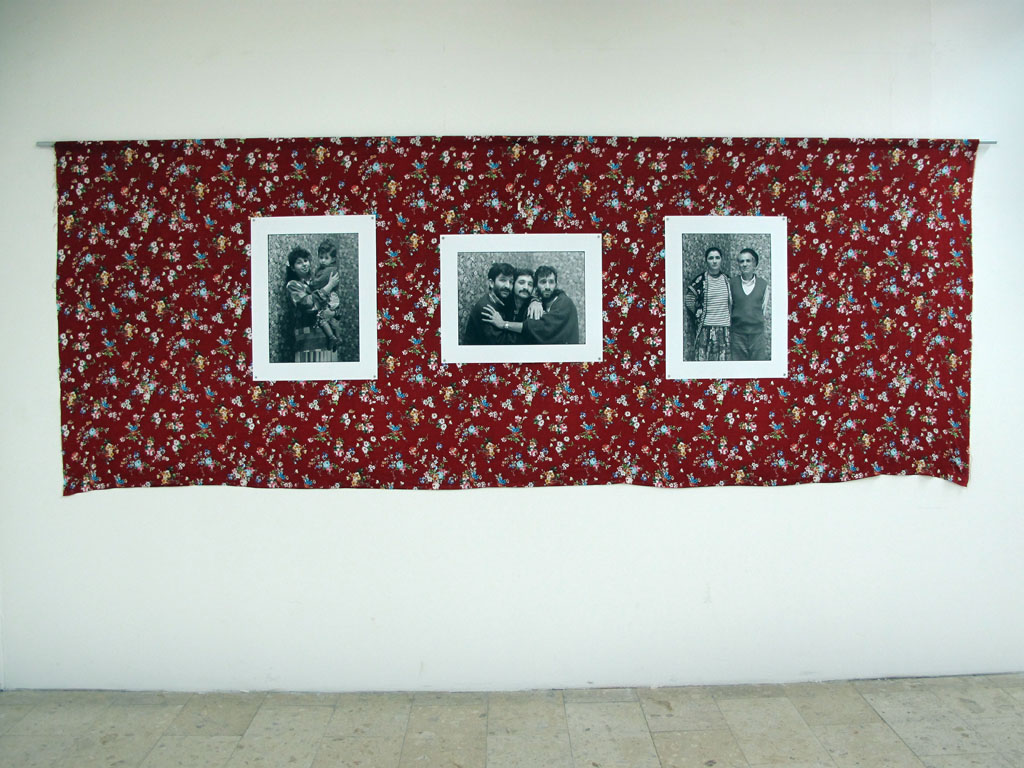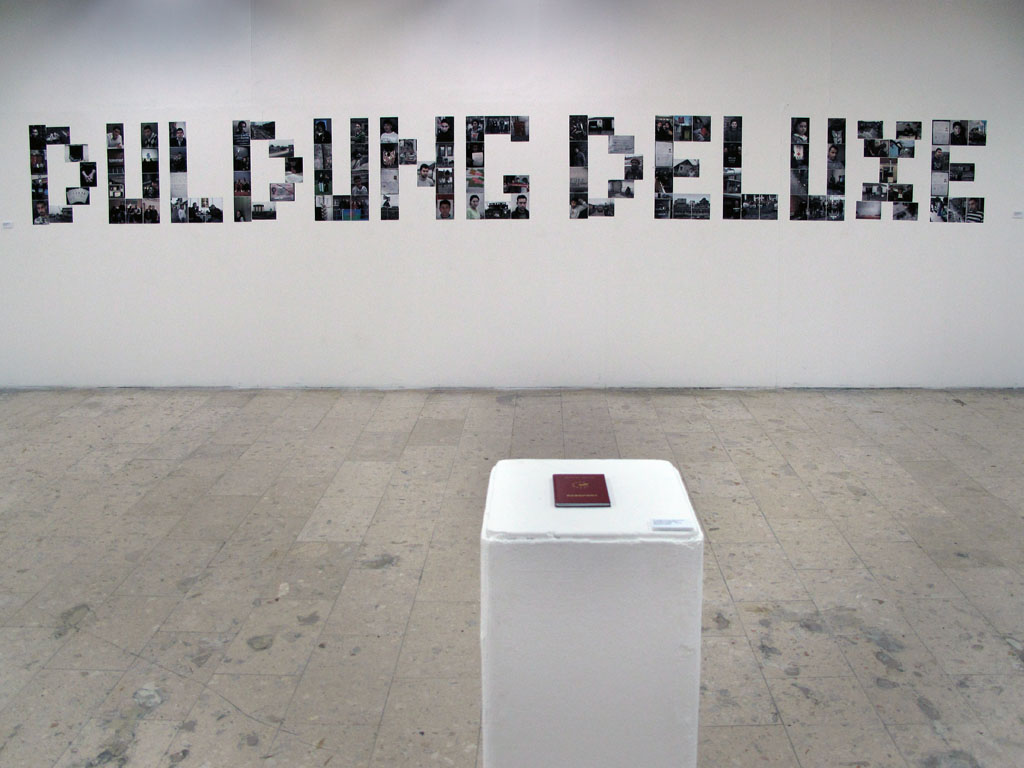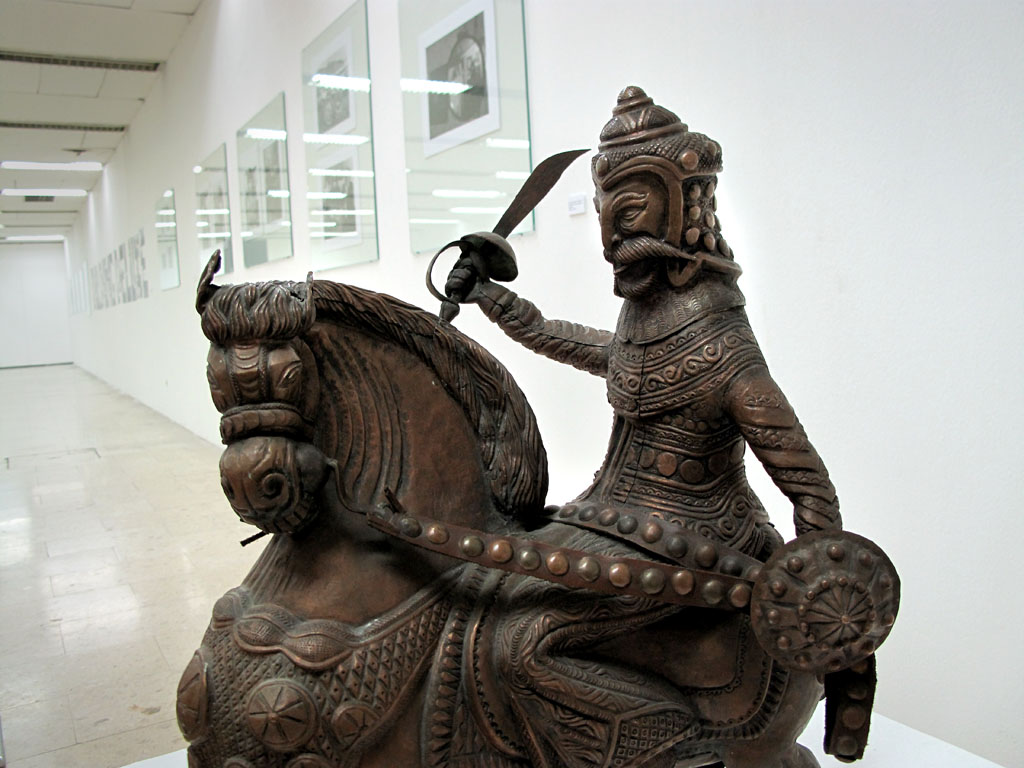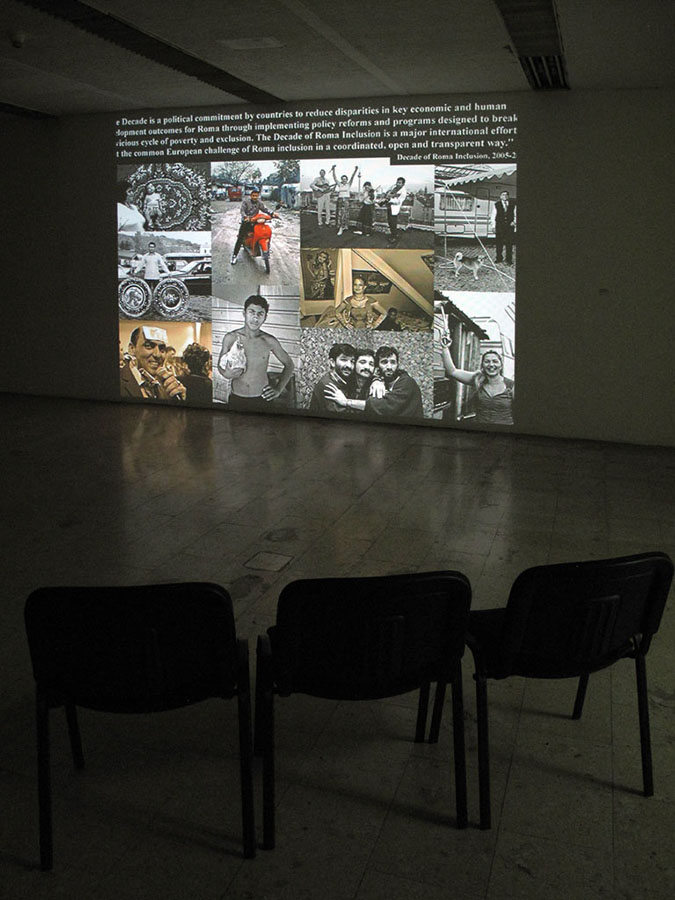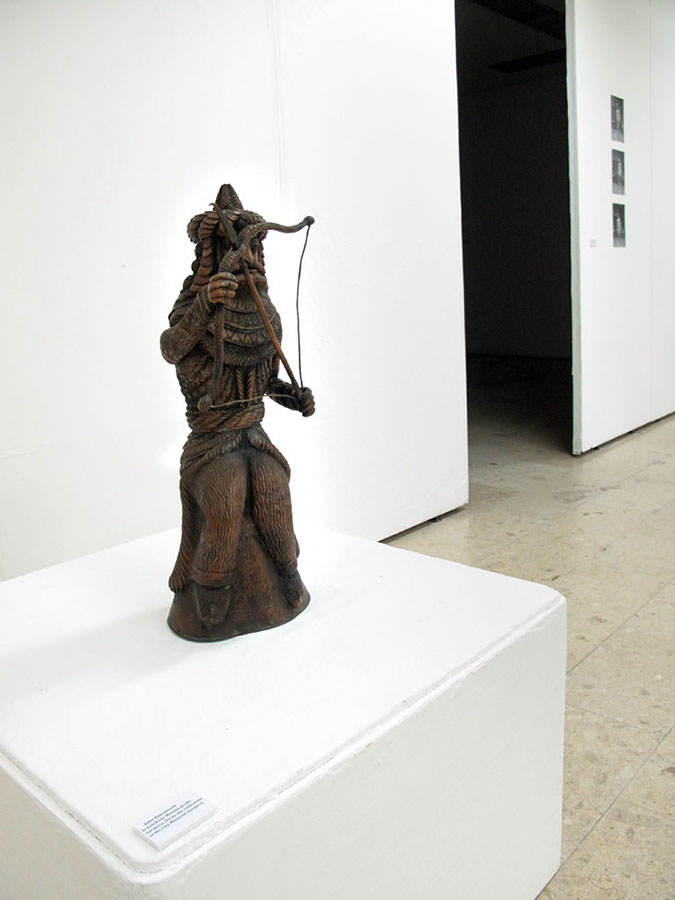Nihad – Nino Pušija, Parno Gras: mukline Evropljanura / White Horse: Neglected Europeans
City Gallery Collegium artisticum (Sarajevo)
May 03-21, 2013
In 1998 Soros Centre for Contemporary Arts (Sarajevo Centre for Contemporary Art since 2000) organized the exhibition of a research project DULDUNG[1] (photographs, film, slides projections, series of interviews – testimonies), initiated by Nino Pušija, one of the authors of the project. The exhibition “Parno Gras: mukline Evropljanura” represents the continuation of the collaboration with this extraordinary author, as well as the continuation of our dealing with the subject of Others, especially the subject of life of the Roma population.
The exhibition “Parno Gras: mukline Evropljanura” / “White Horse: Neglected Europeans” deals with life of the Roma population in Europe and their fates: it questions their existence, social, political and refugee status at the end of the last century and the beginning of this one in European countries, such as Germany, Italy, Hungary, Austria, Romania, and the countries of the former Yugoslavia.
[1] The word DULDUNG (suffering, patience) stands for refugee status in Germany, as well as the suffering of those who are there temporarily and who, according to the authorities, can be deported to their native country in a few hours, as soon as the conditions for it are met. It is not hard to imagine what psychological stress that has been for those people living as refugees for years, especially when their DULDUNG status doesn’t allow them to work or study.
STATEMENT
I have lived in Berlin for the last twenty years. I work as an art photographer. There is no other metropolis in the world where two, once divided, geopolitical halves try to grow together again. Nowhere else one can see so clearly division and connection between the Eastern and Western Blocks, as in Berlin. In the time and the place of transition I have a unique opportunity as an artist to explore the Berlin microcosm, its streets, food stands, even park benches that represent changes in development of the city and its people. In the eyes of a foreigner and through the art photography, the faces of this city’s inhabitants become projections of the past and present events.
Photography is a medium for regaining one’s identity and a self-image. That relates primarily to the characters I take photos of, as well as my personal experience and the role in the process of social transition. My work is based on communication between me as a subject and the subjects I shoot, and on finding the strategies and the processes, which as part of the unity, make it visible and audible.
I focus on the Roma population in Germany and Europe, and their personal stories. These photos of individuals, made during the last twenty years, become unique documents – a group photo of (discriminated) Roma.
My artistic goal is searching for human microcosms where I live and work, tracking changes in people and their surroundings for years, with no prejudice but not without emotion. The results of my work so far have been series of photos freed from unclear generalization.
Nihad Nino Pušija (Berlin, 2013)
The exhibition is going to open with a discussion on the topic “Neglected Europeans: The Roma Culture and its Values”, which is part of program ART-BITRAGE, initiated by the gallery Collegium artisticum as a platform for recording problems pertaining to cultural, artistic and social criticism and issues of the art, applied arts and architecture professions in BiH .
Discussion participants: Nihad Nino Pušija (art photographer), Hedina Tahirović Sijerčić (author, Roma activist, candidate for a doctor’s degree at the University of Leven in Belgium), Dervo Sejdić (activist of the Roma Information Centre Kali Sara) and Moritz Pankok (Art Director of the gallery Kai Dikhas, Berlin); moderator: Saša Madacki (Director of the Human Rights Centre University of Sarajevo).
The exhibition is supported by the Foundation for Music, Performing and Fine Arts.
The program ART-BITRAGE is supported by the Ministry of Civil Affairs of Bosnia and Herzegovina.
